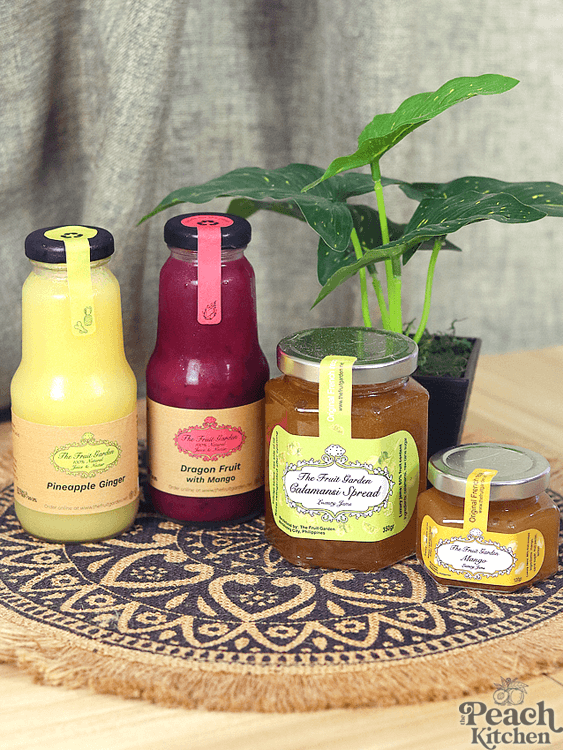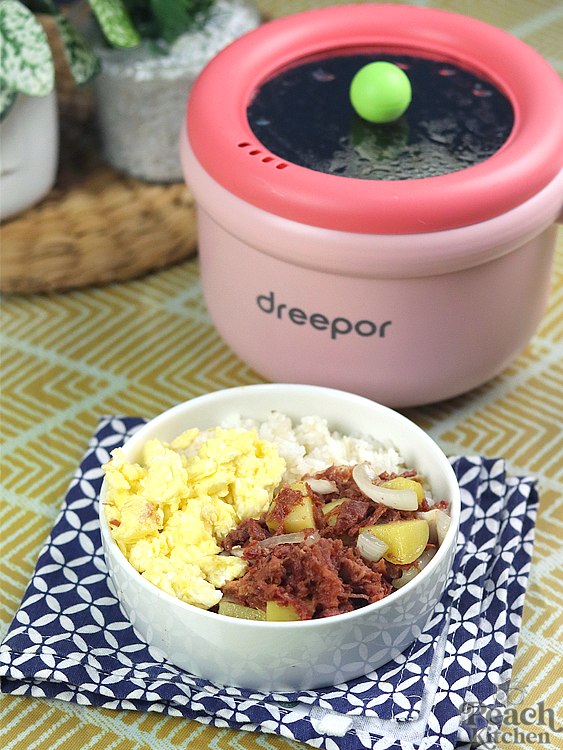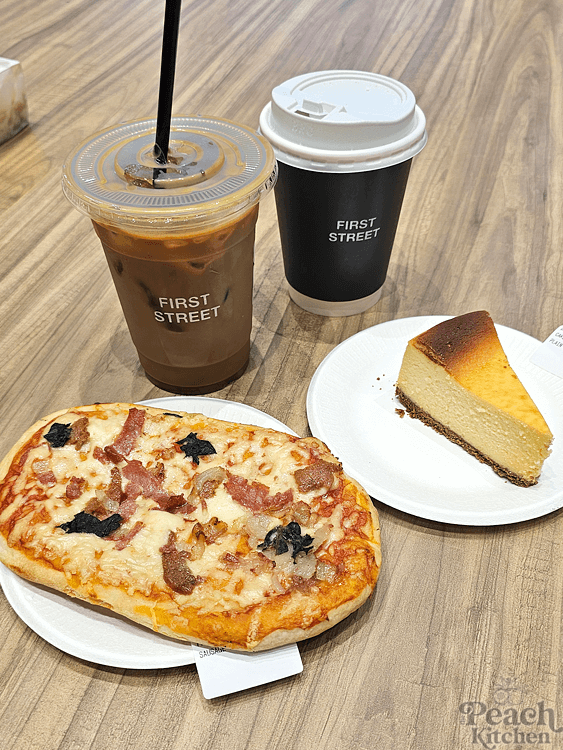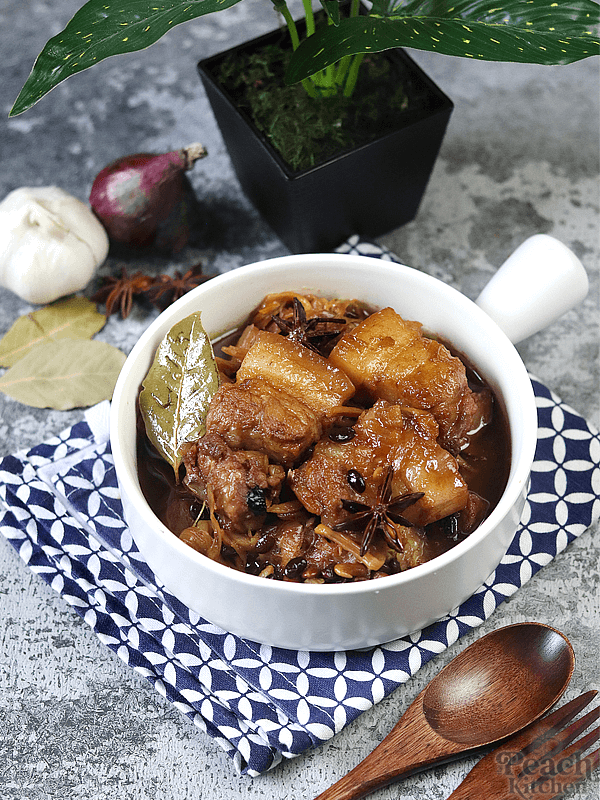
Turning your passion for food into a thriving home-based business is a dream for many. Whether you bake, cook, or specialize in homemade goods, there’s always a point where you might wonder, “What’s next?” How do you move from selling small batches from your kitchen to scaling your business for a larger audience? If you’re ready to take your home-based food business to the next level, here are several key steps you can take to grow your operation.
How Can a Co-Packer Help You Take Your Home-Based Baked Goods to Retail?
For home-based bakers looking to scale up, finding ways to get your goods into stores without managing a full production facility yourself can be a game changer. This is where finding a manufacturer or co-packer can come in handy. A co-packer is a facility that helps you produce your baked goods on a larger scale, ensuring they meet retail standards while freeing you from the burdens of large-scale production.
Working with a food manufacturer allows you to focus on perfecting your recipes and marketing your brand, while the co-packer handles the mass production side of things. This is an excellent way to meet the demand for your products without the need to build or maintain a commercial kitchen. Many co-packers also handle packaging and compliance with food safety regulations, ensuring your goods are retail-ready.
Why Starting a Restaurant Could Be Your Next Big Move
For some home-based food entrepreneurs, the next logical step is opening a brick-and-mortar restaurant or café. This can be a fantastic way to establish a dedicated space for your food creations, whether you specialize in savory dishes, baked goods, or unique cuisine. However, starting a restaurant involves a whole new set of considerations, including equipment, licenses, and day-to-day operations.
One of the most critical investments you’ll make is in your kitchen equipment, especially if you plan to serve fried foods or baked goods that need a fryer. This means understanding the importance of restaurant oil filtration systems. A reliable filtration system will not only keep your fryers clean and efficient, but it will also save you money in the long run by extending the life of your oil and ensuring the quality of your fried goods.
In addition to investing in equipment like fryers, ovens, and refrigeration units, you’ll also need to plan for seating, décor, staffing, and, most importantly, complying with local health and safety regulations.
Why Selling at Farmers’ Markets Can Boost Your Business
For those who aren’t ready to dive into a full-scale restaurant but want to expand beyond their home kitchen, farmers’ markets offer an excellent opportunity to grow your food business. Farmers’ markets attract a diverse and food-loving crowd, making them the ideal venue for testing new products, building a customer base, and getting real-time feedback on your offerings.
Selling at farmers’ markets also allows you to establish your brand presence in the community without committing to the overhead of a physical location. You can start small, selling only a few items, and gradually expand your product line based on what resonates with customers. Many home-based food businesses also find that farmers’ markets provide a platform for direct sales as well as opportunities for catering gigs or wholesale orders from local stores and restaurants.
Leverage Social Media to Grow Your Food Brand
No food business is complete without a strong online presence. Whether you’re selling homemade jams or baked goods, social media offers a free and highly effective way to market your products, connect with customers, and increase brand visibility. For many home-based food businesses, platforms like Instagram, Facebook, and TikTok have become key to scaling up.
Social media lets you show off your culinary creations, interact directly with customers, and build a loyal following. You can use each of your platforms to share behind-the-scenes looks at your kitchen, announce new products, run promotions, and gather feedback. Creating visually appealing content, like mouthwatering photos and videos of your food, can help drive engagement and attract new customers.
Wholesale Accounts Can Help You Scale Your Business
Once you’ve built a steady stream of sales from your home-based business, it may be time to start thinking about wholesale opportunities. Selling your products wholesale to local stores, cafés, or even online retailers is a great way to expand your reach without having to deal with individual customers directly. This model allows you to focus on production while your wholesale partners handle the sales and distribution.
Wholesale can be especially beneficial for items like packaged baked goods, jams, or specialty sauces, where you can produce in bulk and sell in large quantities. Many small food businesses begin by reaching out to local grocery stores or even specialty shops to carry their products. Not only does this provide a stable income stream, but it also gets your brand in front of a new customer base.























